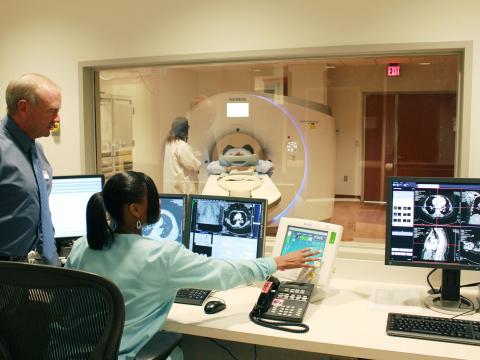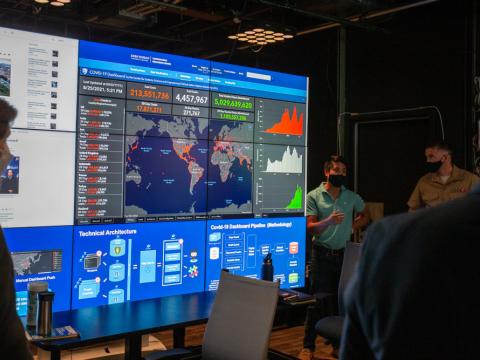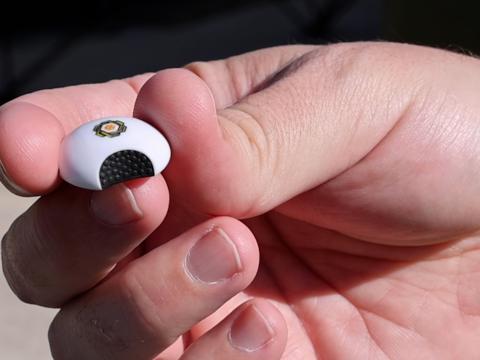A Patient-Centered Approach to Health Care
The Defense Health Agency (DHA) is soft launching a digital approach to delivering the hospital directly to military and beneficiary patients, announced Naomi Escoffery, acting deputy to the deputy assistant director, at the 2024 Health IT Summit in Bethesda, Maryland.
“At the DHA, we have decided to put the patient first by bringing in digital,” she said. “The idea is for us to allow the patient or the person to have the health care at their disposal when they want it, when they need it.”
Current wait times for medical appointments are creating confusion and frustration among patients, an issue that must be addressed. This is where the modern age of smartphone apps and telehealth can be beneficial.
Within 24 hours of the panel discussion, Escoffery explained, the DHA would launch a SilverCloud component to deliver easy-access behavioral health care to patients through an app.
“It’s healthcare at your lifestyle,” she stated.
While seeking medical help in a timely manner is essential, it’s equally important to recognize everyday wellness as an approach to healthier living. “How can we help people make better decisions about their health such that they don’t have to become a patient?” asked fellow panelist Sean Friendly, deputy director at the DHA Public Health Directorate.
In partnership with the Department of the Navy, the DHA is running Armed Forces Wellness Centers, which used to be called the Army Wellness Centers. There, patients can learn about daily nutrition, body fat percentages, etc., Friendly explained.
With such efforts, he continued, patients and family members can learn better decision-making for healthier minds and bodies.
With Health IT and data management, information can be gathered to better understand and help patients and their medical needs. For example, Friendly explained that data on food shortages and insecurity can help medical professionals and families mitigate such threats.
Additionally, data has helped track infectious exposures, co-panelist Lance Scott, chief technology officer for the Federal Electronics Health Record Modernization, stated. The success of digitized records and algorithmic analysis has been astronomical in supporting public health.
Scott recalled his own experience as a young lieutenant who, four years post-deployment, received a letter about potential exposure to toxic chemicals. Today’s technology, however, allows the soldiers to pinpoint the exact type of exposure for accurate patient record-keeping.
“It’s just amazing how far we’ve come and even more amazing looking at what we have left to do,” he concluded.





Comments